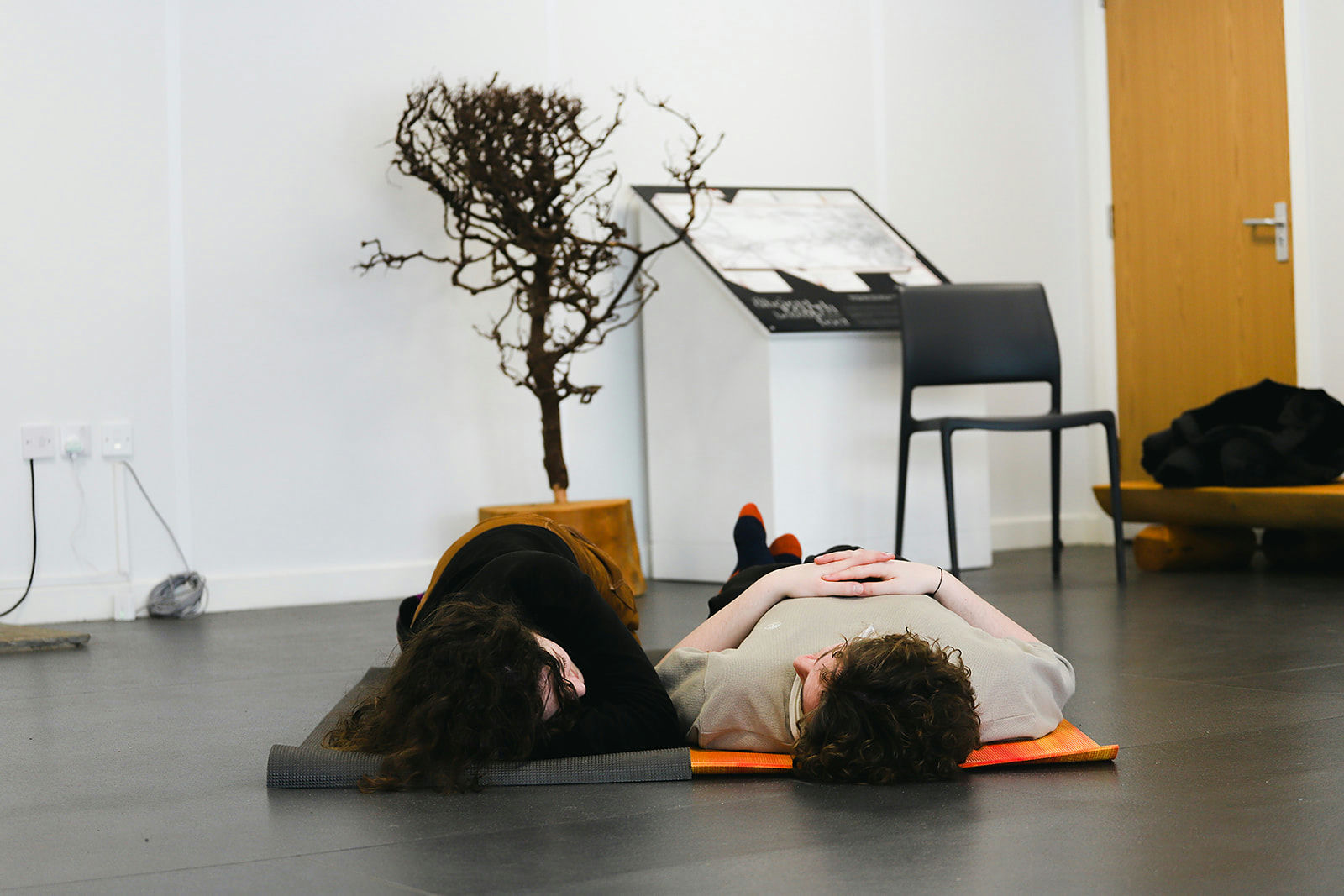“Nic, help! I’ve got a big recording tomorrow – what can I do to improve my speech quickly right now?!”
Ok, podcaster or voiceover artist, here are a few quick tips for improving your speech
Tip One: Use pauses.
Don’t fear the pause! When you start to speak, the instinct, especially when you’re a bit nervous or excited about what you’ve got to communicate, is to race on. So remember to pause.
Pauses allow the listener time to catch up with you and process what you’re saying. They also let your brain prepare for what’s gonna come out next. Whether that’s remembering a line, reading the next line ahead of you in a script, or answering a question.
If you find pausing hard, fill the pause gap with a breath. Let your breath out, then let it back in again. You’l find the pause feels less awkward more purposeful.
Tip Two: Focus on the Out Breath
When you’re nervous, the instinct is to take a deep breath. In reality, for speaking the opposite is more important.
If you take a deep breath you can end up with too much air for what you need to say. This makes talking much more effort due to tension in the larynx from the air pressure underneath your vocal folds, which can translate into a strained, restricted voice.
Letting your breath out prepares you for letting breath in to fuel what you’ve got to say.
Tip Three: Find the Floor
Without wanting to sound too ‘drama schooley’ – a connection to the floor helps the body to feel stable, makes it easier to breathe and helps your voice feel open and expressive.
Try closing your eyes when you’re standing or sitting – can you notice your feet on the floor? Where is your weight balanced on the feet?
Can you even the weight out?
Can you put the weight over both your feet?
Over the whole of the foot?
Do you notice you’re sitting back into the heels perhaps?
What about just wiggling your toes? That’s a great way of bringing your attention to your feet. It’s a nice wee distraction as well.
Try to rock back and forth, left and right and then try to find a sense of equilibrium over both feet.
Just notice your feet and make sure that you’re evenly weighted and connected to the floor. This works whether you’re sitting or standing. If you’re a nervous swayer, you’ll find this tip really useful!
Tip Four: Listen to yourself.
‘Holy **** is that how I really sound?!’ Yes. so get used to it! Record yourself practising and listen back.
Over time you’ll start to hear more of you and less of the things that you perceive as horrific.
If you’re working with a voice coach, send them some footage. We can listen to you, compare that to your opinion of your voice and help navigate you through. We’ll find the bits that we can enhance, and the development opportunities, and help improve your speech together. Ultimately vocal improvement and speaking improvement starts with awareness through listening to yourself. I know that it’s hard, but honestly – trust me, give it a go, do it regularly and you’ll get used to yourself.
Tip 5: Do a Warmup
A quick voice warm up before you record your podcast or voiceover will make your voice more expressive and help you reduce mistakes on the mic. So throw a few lip trills in before you start, give your shoulders a little roll, stretch out the neck, do a few sighs of relief or a few hums. Try this 5 minute warm up.
Let’s have a quick recap…
5 tips to improve your speech
- Use pauses
- Focus on the out breath just before you speak
- Find the floor to get some stability in the body for freedom in the breath and voice
- Start to listen to yourself to cultivate an objective awareness.
- Do a warmup
I hope that this was helpful. Stay hydrated!




